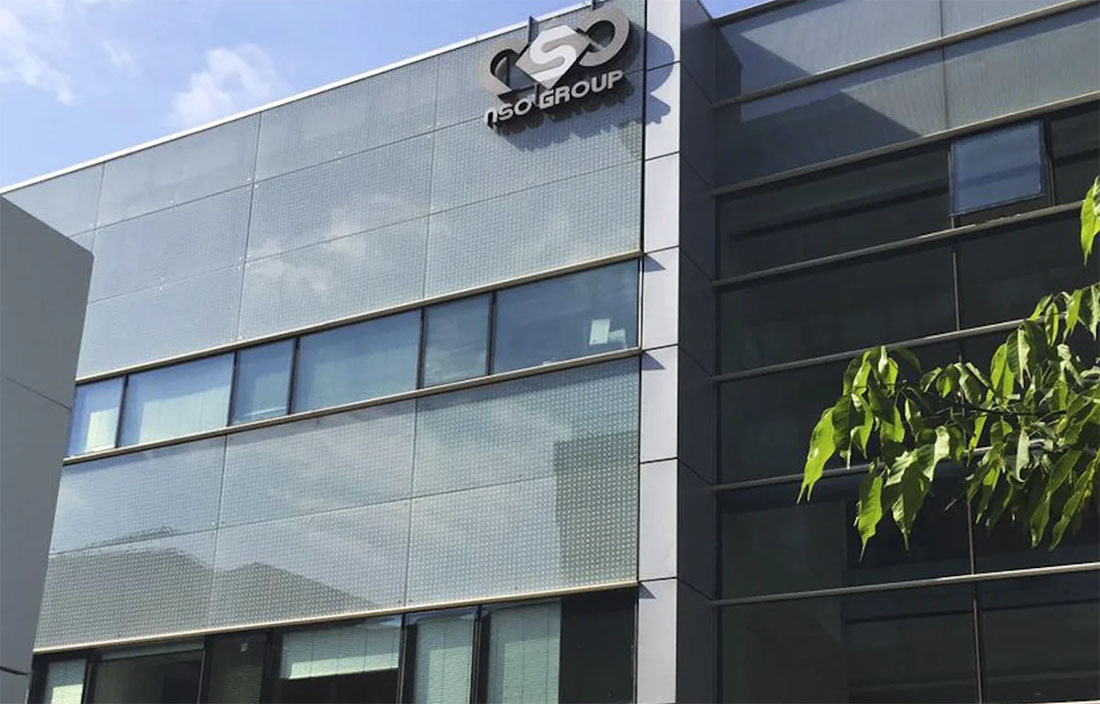
JUDGE FINDS ISRAELI SPYWARE FIRM NSO GROUP LIABLE IN WHATSAPP HACKING LAWSUIT


Photo Credit: Getty Images Walt Disney has unveiled plans for its first-ever theme park in the...
Photo Credit: Getty Images Saudi Arabia and Qatar have taken a significant step toward normalizing...
Photo Credit: Getty Images A catastrophic explosion ripped through Iran's largest commercial port...
Photo Credit: Getty Images An Israeli air strike on Sunday devastated Al Ahli Arab Hospital, the last...
Photo Credit: Getty Images Palestinians in the Gaza Strip had little to celebrate Sunday as they...
Photo Credit: Getty Images Palestinian militant group Hamas warned on Wednesday that hostages may...
Photo Credit: Getty Images Israel launched a new wave of airstrikes across Gaza early Tuesday,...
Photo Credit: Getty Images Israeli Prime Minister Benjamin Netanyahu will seek to remove Shin Bet...
Photo Credit: Getty Images Israel cut off the electricity supply to Gaza, officials said Sunday,...
Photo Credit: Getty Images Arab leaders have unearthed an ambitious $53 billion reconstruction...
Photo Credit: Getty Images Iran's parliament sacked Finance Minister Abdolnaser Hemmati on Sunday...
Photo Credit: Getty Images The fragile ceasefire between Israel and Hamas faces a critical...